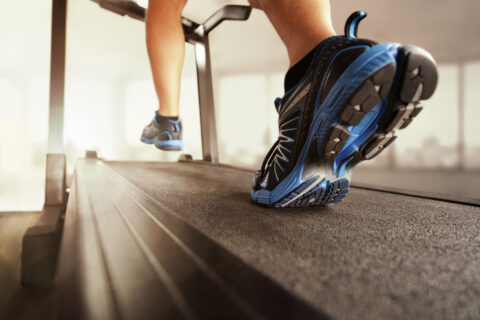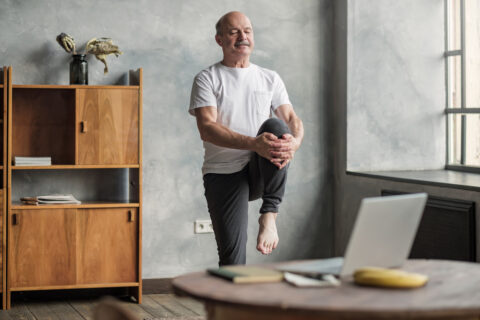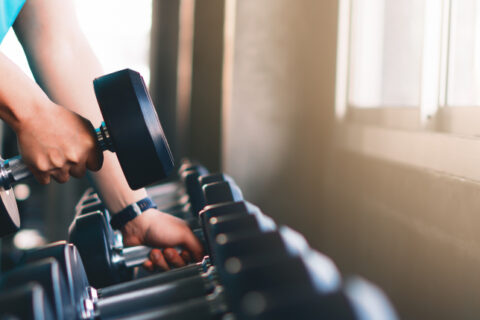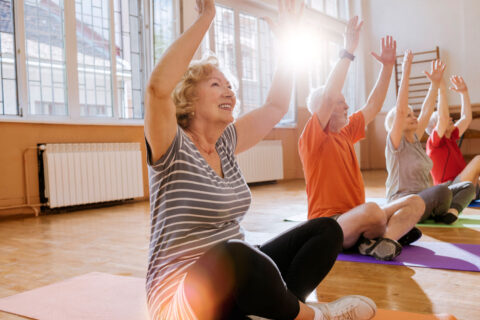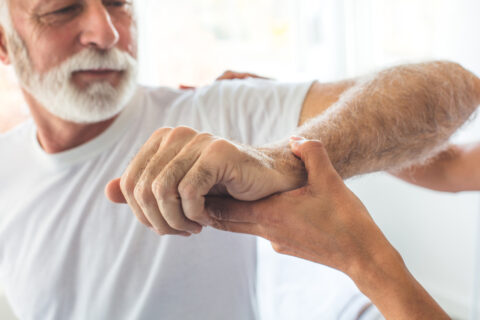The world as we know it is shifting. We have a new Prime Minister. We have a new King. The country is on the brink of a recession. The cost of living is spiralling out of control, and we know that we are going to be paying for it for decades to come.
This compounding effect of so many changes and challenges can be a trigger for increasing anxiety in even the most resilient of people. While we try to keep calm and carry on, below that surface, the stress hormone cortisol is probably playing havoc with your physical health.
What are the common signs of stress?
The following are common signs that your stress levels are increasing beyond safe limits. If you can tick off most of these, then you need to continue reading this blog which will give you simple but clear advice on how to manage your mental health and stress to improve your overall wellbeing and help your transverse the next highly challenging months to come.
- Are you having trouble sleeping, or are you constantly tired even If you do sleep?
- Are you experiencing more aches and pains in your body, particularly back and headaches?
- Are you piling on the weight, even if you’re eating normally?
- Are you more prone to catching every bug that is going around?
- Are you self-sedating with food or alcohol?
- Is your stomach constantly churning?
- Do you find it difficult to switch off your thoughts?
Exercise and anxiety
The link between exercise and anxiety and how it can help to reduce anxiety levels is well researched. If you scour the internet for academic research papers exploring the benefits of exercise to reduce stress and anxiety, you will find endless papers confirming the same thing over and over – that gentle habitual physical activity can release the endorphins necessary to help reduce the symptoms and stress and anxiety and help the body to return to a more balanced state.
The trouble is, when you are in a state of stress (even if you don’t yet properly recognise it as this), the chances are you have no motivation to exercise. Your focus is on getting through each day as best as possible.
How do I get motivated to exercise?
When you’re stressed and not feeling yourself, the thought of going to a gym and throwing yourself into a harsh exercise routine can be highly off-putting. Throwing yourself into some extreme physical activity not only feels like one step too far – it is actually the last thing you should be doing, especially if you have not done much exercise for a while. Indeed, the very nature of stress and anxiety, and their effect on your body, means that you are possibly at an elevated risk of cardiovascular disease.
The best exercise to reduce stress and anxiety is to simply move gently but more regularly. A hyper-busy gym with pounding techno music and queues for the machines is not going to help your stress levels.
Gentle movement and physical activity will ensure you get those endorphins flowing without compromising your physical health. When you are in a state of high stress, your perspective tends to narrow, and you focus on those things that are causing you to worry and be concerned. Those external concerns feed into your stress symptoms, and you get caught up in a damaging cycle of thinking and behaviour, which is difficult to break through. When you start to move, you give yourself the temporary gift of distraction. Concentrating once again on how your body moves re-connects your mind with your body, and by doing good to your body, you are beginning to break that destructive cycle and remind yourself how good it feels to feel good again!
Taking that first step is the most difficult. This means that finding the motivation to exercise next time is that little bit easier – and gets a tiny bit easier again each time.
Creating a new daily routine is the most structured way to get back into some degree of physical activity. You can create a number of personal goalposts scattered during the week to help – goalposts such as ‘Self Care Sundays’, ‘Toe Tap Tuesdays’, or ‘Wiggle that Waist Wednesdays’.
The more you make it less about ‘exercise’ and more about ‘moving’, the less frightening and daunting it will seem. Most importantly, be gentle with yourself. When traversing challenging times, we can all be a bit hard on ourselves. You don’t have to be – just remember you’re doing brilliantly!
If you would like to learn how to move more in tune with your body, movement coach Ben Cuthbert is there to help. Simply book in for a free consultation to see how he can help you.

